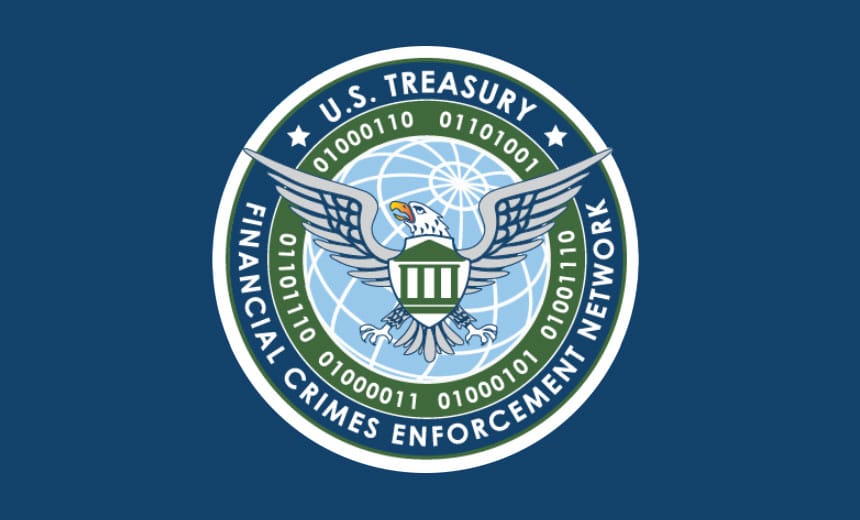
According to the reports, FinCEN requires Americans to report if they have more than $10,000 in cryptocurrencies with foreign financial or virtual asset service providers. FinCEN announced its intention to alter the Bank Secrecy Act’s Foreign Bank and Financial Accounts (FBAR) regulations in a rulemaking notice.
The notice comes during New Year’s Eve, which is just three weeks before the Treasury Department’s management is supposedly changing. At present, FBARs must be registered by individuals who possess over $10,000 in foreign financial accounts, including currencies. The prevailing regulations do not indicate virtual currencies as an FBAR-reportable account. However, this amendment would end that privilege.
FinCEN did not offer any timeline for the amendment.
Moreover, the IRS states that the FBAR reports must include certain credentials. The credentials involve the name of the account holder, account number, details of the foreign bank, type of account, and the maximum value in a financial year. It is unclear as to what additional information crypto holders might have to file, like blockchain addresses.
Nevertheless, it is unclear how FinCEN intends to inflict the same set of rules on cryptocurrencies held with a foreign entity. However, FinCEN did not specify any timeline for the amendment. In accordance with the prevailing rules, failure to comply with the FBAR attracts several penalties. The penalties involve monetary fines, which may apply to virtual currencies.
Moreover, the new proposal came before the public comment period’s expiration on another draconian plan of FinCEN. It requires the crypto exchanges and wallet providers to save consumer data on any transaction over $3000. Also, directly report on transactions with a daily value of $10,000. The U.S. cryptocurrency community, including Coinbase, responded critically to the earlier proposals, asking questions about crypto holders’ privacy. With the latest proposal to incorporate virtual currencies in the current FBAR rules, it is obvious that the U.S. treasury demands entire cryptocurrency control.
Follow BitcoinWorld for the daily updates.














